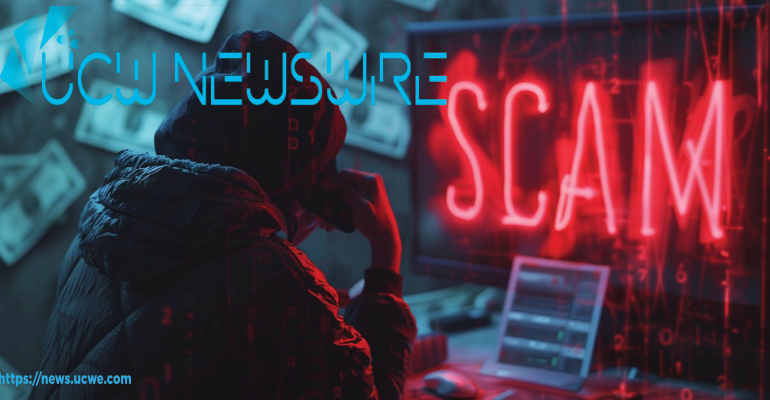The Dark Side of Memecoins: Why Crypto Needs Stronger Guardrails
The cryptocurrency space has long been hailed as a revolutionary force in global finance, but with that innovation comes risk—particularly in the form of memecoins. These speculative, often satirical tokens

The cryptocurrency space has long been hailed as a revolutionary force in global finance, but with that innovation comes risk—particularly in the form of memecoins. These speculative, often satirical tokens have repeatedly led to market manipulation, financial losses, and outright scams. The latest scandal, involving Argentine President Javier Milei and the Solana-based memecoin LIBRA, has reignited calls for stricter oversight and guardrails to protect investors from rug pulls and pump-and-dump schemes.
The Gamble of Memecoins, Should Gaming Regulators Step In?
At their core, memecoins are not investments; they are a form of gambling. Unlike NFTs, which represent digital collectibles with provable ownership, memecoins have no underlying utility or real-world value beyond market speculation. Investors often buy in not because of the technology or fundamentals but purely on hype and virality, hoping to “get in early” before the inevitable crash.
Given their speculative nature, memecoins may be more appropriately regulated under gaming laws rather than financial securities laws. Many jurisdictions strictly regulate gambling platforms to ensure fairness, prevent fraud, and protect consumers from predatory practices. Crypto exchanges facilitating memecoin trading should be subject to similar scrutiny.
Jupiter and Solana Under Fire, The LIBRA Rug Pull
The latest memecoin scandal erupted when Argentine President Javier Milei publicly endorsed LIBRA, a Solana-based token, last Friday. Shortly after, the token collapsed, with some reports linking the event to the Solana-based decentralized exchange Jupiter.
Jupiter has drawn sharp criticism for its role in listing memecoins, with Benjamin Cowen, CEO of ITC Crypto, calling out the ethical dilemma. “Memecoins are not good for crypto, no matter how anyone tries to spin it,” he tweeted, citing concerns over market manipulation and excessive speculation. This sentiment is shared by many within the industry who see memecoins as a toxic force, eroding credibility and trust in blockchain technology.
Layer-1 Blockchains Must Take a Stand
While decentralized networks cannot fully control the assets built on them, layer-1 blockchains must do more to implement guardrails that limit bad actors. The Pecu Novus Blockchain has already set a precedent by establishing a strict vetting process for token creation, ensuring that projects launching on its network meet minimum transparency standards and identity. Other major networks should follow suit, implementing automated audits, identity verification for project founders, and strict tokenomics guidelines before allowing new tokens to go live.
Exchanges Must Enforce Stricter Vetting for Listings
Crypto exchanges, both centralized and decentralized, also play a crucial role in preventing memecoin fraud. Currently, many platforms list tokens with minimal due diligence, exposing retail investors to high-risk, poorly managed projects. A stricter vetting process, similar to those applied to traditional financial assets, could curb the rampant speculation and manipulation in the memecoin sector.
By taking these steps, exchanges and blockchain networks can protect investors, enhance industry credibility, and prevent future rug pulls like LIBRA. Without intervention, memecoins will continue to damage public trust in crypto, drive market volatility, and expose retail traders to unnecessary risk.
The cryptocurrency market is still evolving, but if it wants to achieve long-term legitimacy, it must address the memecoin problem head-on. Layer-1 blockchains, exchanges, and regulators must work together to implement better safeguards—before the next scandal drags the industry further into disrepute. The LIBRA debacle is a wake-up call, and if crypto leaders fail to act, the damage could be irreversible.
James Cullen
UCW Newswire

